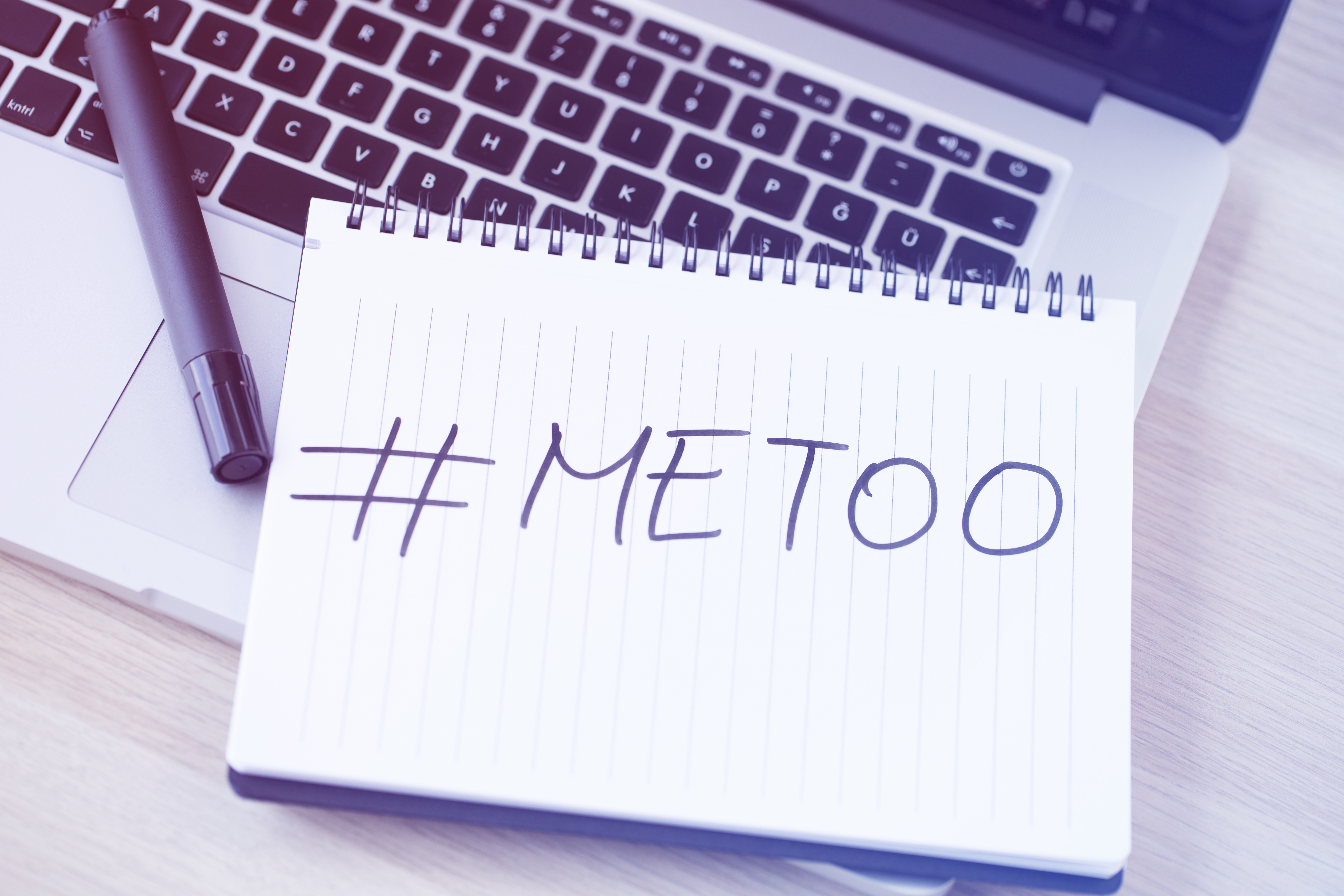
Navigating #MeToo as a Man
Within the last year, the #MeToo movement, which began in 2006 to help African American women and girls, as well as other minority women from low-income communities who have survived sexual violence, has taken off and has become a mainstay in society and culture across race, religion, culture, gender, and sexual orientation.
The national dialogue has crossed platforms and has become a part of a concerted effort to recognize the mistakes of the past, regarding how women are treated and how physical, mental, and sexual abuse is recognized and reported.
Men in #MeToo
As men, you should want to do better, to be better. While the majority of the victims of abuse that are coming forward and feeling empowered by the international movement are female, many men also are coming forward with detailed accounts of abuse perpetrated against them.
These men, along with other male allies who look to stand with the female-inspired societal and cultural shift, often can find themselves in an awkward position, in that they do not wish to take the spotlight from women who have faced abuse and sexism, but have trouble navigating methods of support.
Additionally, there are men who would love to support the women who seek the equality and recognition that they deserve, but they have faced false allegations of abuse, making it difficult for them to see beyond their tarnished reputation and broken emotional state.
Recognizing the problem
Navigating the movement for men can be challenging, especially for those who do not necessarily see anything wrong with the current status quo. They may turn on the television and see news reports of actors or members of Hollywood being outed as sexual abusers of some sort and not believe them. They may question what took the victim so long to come forward or why the victim did not go to the police right away.
For you to fully understand the answers to these questions, you would have to be the victim. You would have to survive what they survived and felt what they felt. Because you did not experience what they experienced, you are not forced to admit what was done to them and feel the shame attached to the action.
As a man, the simplicity of shame is relatable on many levels. You may have felt shame when your marriage ended, just as you may have felt shame when you had to admit to being a victim of domestic violence. You might not want to admit experiencing a divorce, just as you may not want to admit that you were abused.
While you may carry these shames, women who are victims of violence and abuse have their own burdens to carry, and putting the action of reporting the violence and abuse on them as if they did something wrong by remaining silent, is continuing the destructive cycle that the #MeToo movement is attempting to change within culture and society.
Recognizing power
This is not about minimizing the issues that you, as a man, face each and every day. This is about recognizing your place in power. Men face many injustices in family court, but women also have numerous challenges in the workplace. According to the Institute for Women’s Policy and Research, women in the Untied States make $0.80 on the dollar compared to their male counterparts, and that gap is wider for African American and Hispanic women.
However, this is not about work or money. This is about the kindness that thoughtfulness allots. In actively participating in the conversation and acknowledging the societal mistakes of the past, you can be an agent for change.
Helping hands
You, as a man, may feel uneasy about the politics of the situation, but being a better person should transcend any ideology. Treating the women in and outside of your life as equals who have survived challenges in their lives does not take away from who you are or force you to change your political perspective. You simply are behaving with the kindness that you hope others show you.
Men face challenges in family court issues, such as divorce, child custody, child support, alimony, and more, but acknowledging the movement fighting abuse and violence and promoting equality does not make your concerns regarding family court any less valid. You easily can fight for both, and be the change that you want to see in the world.
